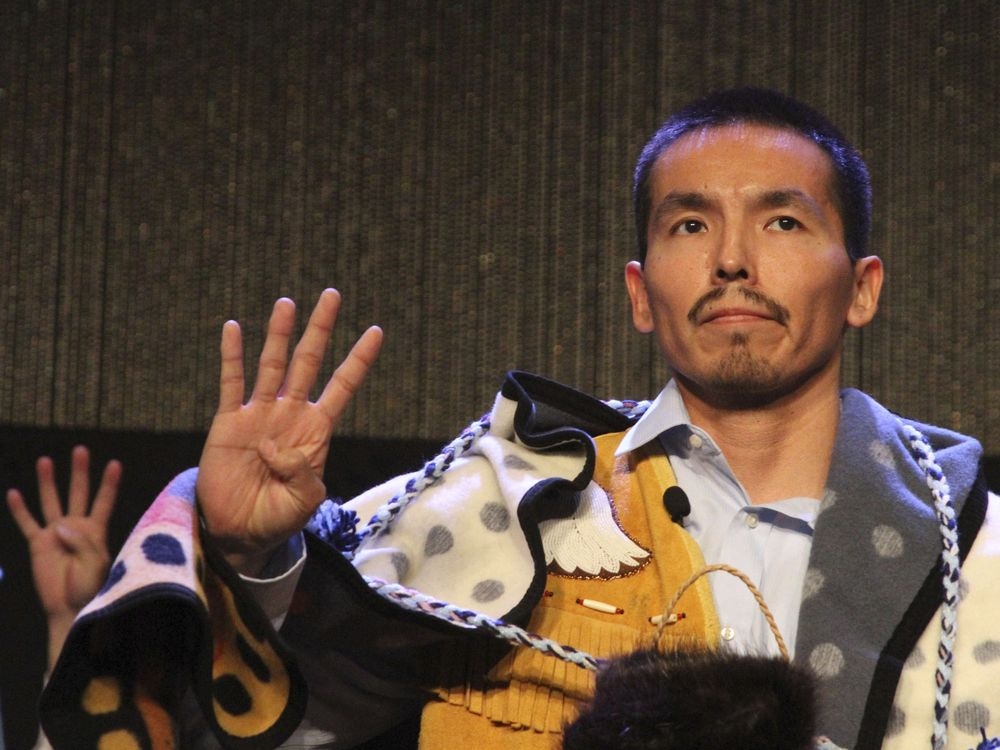Marvin Roberts, an Alaska Native man and member of the “Fairbanks Four,” has secured an $11.5 million settlement from the city of Fairbanks following nearly two decades of wrongful imprisonment for a 1997 murder he consistently denied committing. The settlement, reached in April 2025, concludes Roberts’ civil lawsuit alleging racial bias and constitutional violations during his prosecution, although it does not constitute a formal admission of liability by the city. Roberts is the last of the four Indigenous men, convicted in the murder of 15-year-old John Hartman, to finalize such an agreement, underscoring ongoing concerns about law enforcement practices and unresolved questions surrounding the original case.
Background of the Case
In 1997, Marvin Roberts, along with three other Indigenous men known collectively as the “Fairbanks Four,” was convicted in connection with the murder of 15-year-old John Hartman in Fairbanks, Alaska. The group consistently maintained their innocence throughout the legal process. Over the years, multiple reviews and appeals highlighted significant concerns regarding the fairness of the original investigation and trial, particularly focusing on alleged racial bias and violations of constitutional rights.
Details of the Settlement
The $11.5 million settlement reached in April 2025 resolves Marvin Roberts’ civil lawsuit against the city of Fairbanks. The lawsuit claimed that Roberts was subjected to misconduct and prejudice during prosecution, leading to his wrongful imprisonment for nearly 20 years. While the settlement provides financial compensation, the city has not formally admitted liability or wrongdoing. This agreement marks the culmination of Roberts’ long battle for justice, making him the last member of the Fairbanks Four to reach such a settlement with the city.
Implications and Reactions
The case has drawn considerable attention to broader systemic issues within law enforcement and the judicial system, especially in relation to Indigenous communities. Advocates and legal experts have stressed the need for reforms to prevent similar miscarriages of justice. The Fairbanks Four case has become symbolic of attempts to address institutional bias and improve the integrity of criminal investigations in Alaska.
Ongoing Concerns and Unresolved Questions
Despite the settlement, significant questions remain unanswered about the original murder case and the circumstances leading to the wrongful convictions. Calls for further independent reviews and transparency continue, as community members and civil rights organizations seek clarity and accountability. The outcome has also sparked discussions regarding compensation policies and support for individuals who have experienced wrongful imprisonment.
Conclusion
Marvin Roberts’ settlement concludes a nearly two-decade-long fight against wrongful conviction, highlighting both progress and persistent challenges within the justice system. While financial compensation offers some measure of redress, the legacy of the Fairbanks Four case underscores the critical necessity for continued vigilance and reform in legal proceedings involving marginalized communities.
Marvin Roberts’ settlement concludes a nearly two-decade-long fight against wrongful conviction, highlighting both progress and persistent challenges within the justice system. While financial compensation offers some measure of redress, the legacy of the Fairbanks Four case underscores the critical necessity for continued vigilance and reform in legal proceedings involving marginalized communities. The resolution serves as a reminder of the complex issues surrounding racial bias and constitutional protections, emphasizing the need for ongoing efforts to ensure fairness and accountability in law enforcement and judicial processes.

